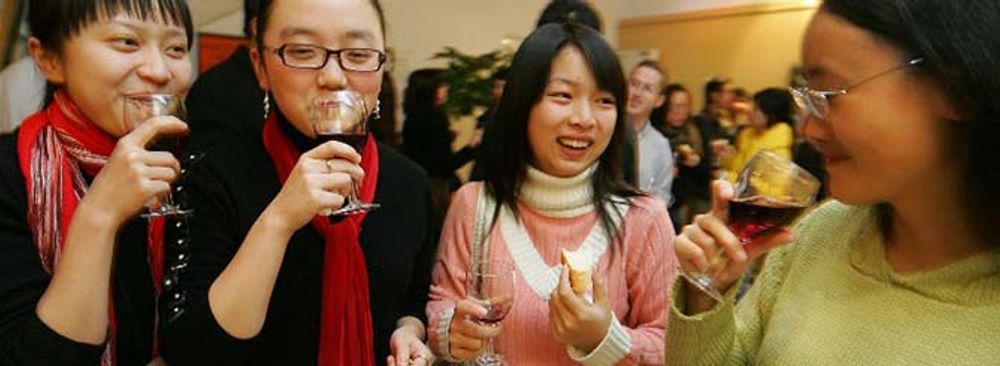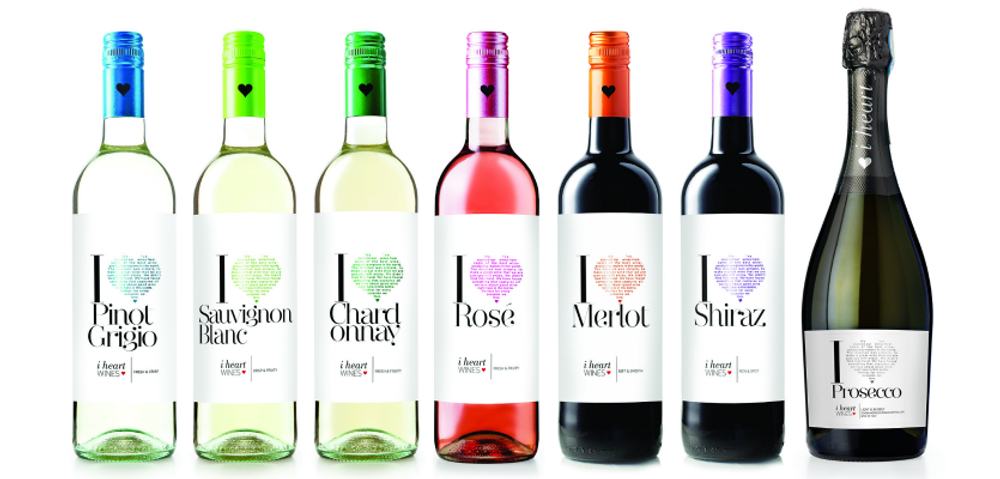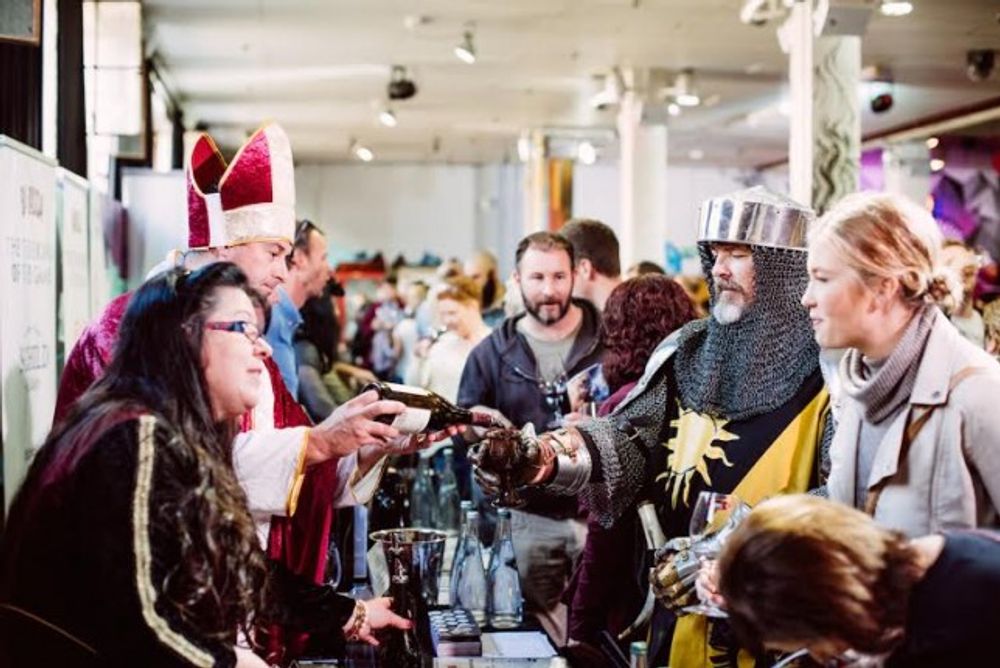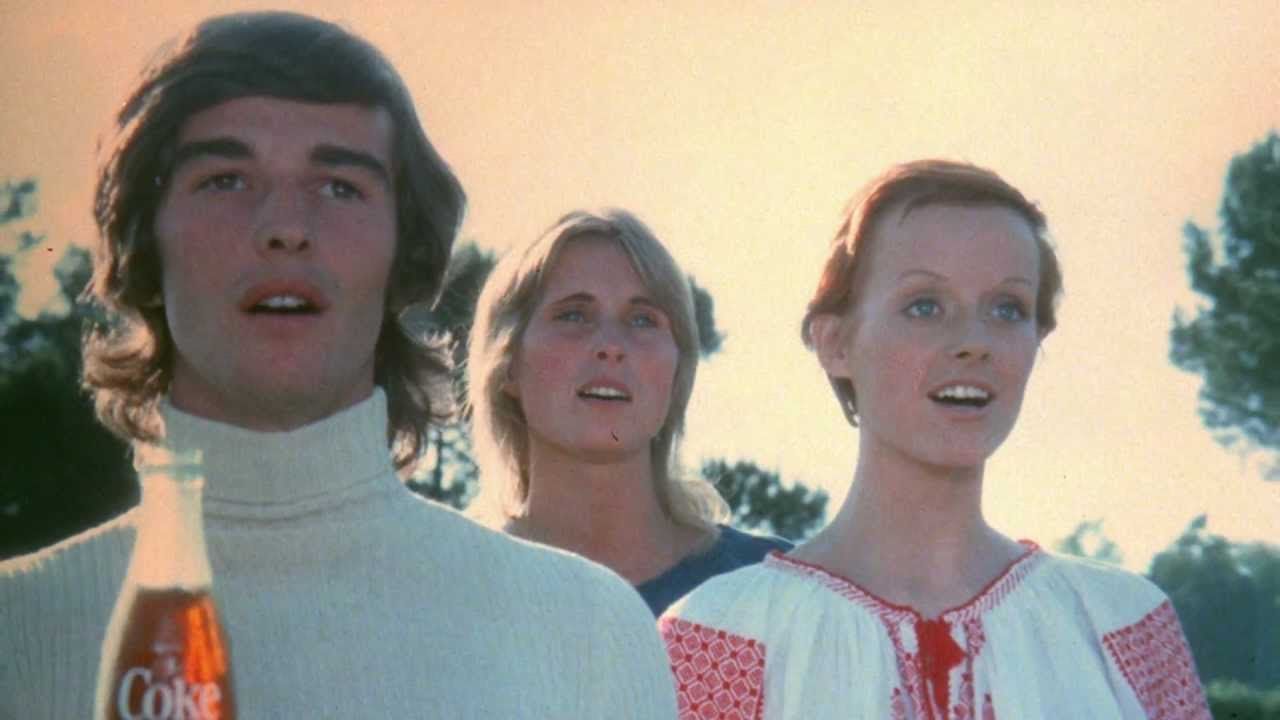On the face of it traditional wine education has never been more popular or successful, but is it giving those tasked with selling wine on the front line in restaurants and bars the right language to then talk about wine to their customers? How relevant is geography and terroir-based wine education to those who now understand wine by the grape varieties they know and like?
A once youthful, visionary and inspirational Tony Blair first swept to power as British Prime Minister on the back of his promise to make “education, education, education” his number one priority on entering Number 10 Downing Street. It has become a quote as famous in British politics as Bill Clinton’s quip about US elections all being decided by “the economy, stupid”.
Whether either lived up to those political statements is open to debate, but it’s hard to argue with how important education and the economy is to the health of any country.
When it comes down to an industry and business as complicated and so reliant on product knowledge as wine, then education, particularly for those working within the trade, is far more important than what would be required in most other sectors.
Couple that with how hard it is to make a profit in a wine industry where margins are so tight, the competition is so fierce and there are so many mouths to feed in the supply chain. Then knowing how your own particular “economy, stupid” is working is vital.
In fact, you could make the case that to be an economic success in the wine industry, being fully educated about what you are making, distributing and selling is vital to your own financial success.
Time for change?

If you are a wine drinker in China how relevant is it to you know which particular appellation in France a wine came from?
But there lies the rub. We are all pretty much agreed that everyone in the wine industry needs to know about the product they are selling. The question now in these fast changing times, where new markets are opening up, particularly in China, Asia and even the United States, is whether traditional wine education is the complete answer any more.
Education that, to date, has been very much based on the geography of where a particular wine comes from and the differences there will be in the wine and its style because of its climate.
Whilst that sort of traditional education is completely necessary and vital for certain roles and sectors of the market, it is questionable how relevant it still is for the industry as a whole.
Just look at how consumers the world over are now relating to and engaging with the wines they buy. For the mainstream wine shopper it has become less about buying in to a particular country or region. The way the vast majority of wines are now being sold is by colour and varietal.
We might not like to admit it, but the way in which we have sold wine in the mass market, means it is inevitable that shoppers would find their own short cuts on how to understand the infamous wall of wine in front of them.
A wall that has made wine intimidating to the average shopper. A wall where the only difference is the colour of the wine and its label. Which is not too different to how other packaged grocery categories are presented to them.
We might like to think that the average wine drinker is interested in appellations, and the various quality and reserve levels of different regions. The reality is grape variety has taken over.
Rise of the Super Varietal

IHeart wine has had enormous success around the world by making the grape variety not the country the star of the show
Over the last 10 years in particular we have seen the emergence of Super Varietals around the world.
Grape varieties that might have started their life in a particular country or region, like Italy’s Pinot Grigio, but have now become so popular that consumers can now buy those grapes from most countries around the world.
Rather than kick against this global trend, the wine industry needs to embrace the fact that consumers themselves have found a way to crack the wine aisle, if you like, and discover the wine styles and varieties they like.
Retailers and producers have hardly been innocent bystanders in this whole process. Recognising how quickly certain super varieties sell once they go on sale. Changing completely the way they buy wine and allowing them to always be able to source the cheapest versions of those Super Varietals from right around the world.
New education for new consumers
Which brings us back to education, and the kind of knowledge the trade, particularly in emerging markets and for newcomers to the industry, need to have to engage with this new wine consumer.
For example, how relevant is understanding the appellation system of Burgundy, or knowing the name of the individual village of each Beaujolais crus is to those working in busy restaurants and bars and talking to consumers that buy by what grape the wine is made from, not where it was made.
Yes, we might want those shoppers to eventually trade up and move on to buying terroir-driven wines that have a sense of place, but we can’t assume they will.

Wine tasting Winterfell-style. Here wine education is all about the experience
We need to introduce more education and training that looks at the context of where the wine is being sold. Who are the shoppers buying them, what are they looking for, how are they engaging in wine and then base our knowledge and training on that.
Not just have our heads full of wine encyclopedias that are meaningless to the consumer you are talking to.
It is going to become even more relevant to the growing and emerging wine markets all over the world, be it China, across Asia, India, and the Americas.
It is quite understandable they are not going to know, or even relate to, where different wine producing countries in Europe are. Do we know where different regions of China are?
But they will know the grape varieties that consumers like in their countries, be they local or international styles. Focusing their training and learning on those and then adding further layers of knowledge as and when they need seems to be most logical way to go.
Building commercial skills
If the world of wine has an achilles heel then it would the quality of the commercial skills through the industry. Which is again where wine education and knowledge is changing.
Just look at how the Master of Wine examination is now assessed with far more focus (and points) given to understanding supply chain dynamics and the commercial aspect of wine, including bulk wine, as much as the technical side.
The Wine & Spirits Education Trust has had great success with its residential Business and Commercial Knowledge course and could arguably spin out into a business all of its own such is the need and demand for such expertise in the sector. As someone who has benefited from attending the course myself it would be great to see it rolled out to more than once course a year.

Bibendum, like all its major wine distributors, takes both staff and customer training very seriously
The need for more practical, business focused wine training is why we are seeing wine distributors going in to restaurants, bars and retailers to provide them with the on the ground support and commercial skills that allow them to sell their wines on the shop floor.They know that traditional wine education can only take them so far and have each developed their own training models that can be personalised and adapted depending on the customer they are working with and the needs of their staff.
Talk to food and beverage managers about the supplier they like work and what makes them stand out and time and again they will point to the quality of commercial training and practical support they receive. The kind of real on the site training that help their staff better understand the wines they are selling, giving them the confidence to talk about them to their customers.
A traditional agency like Jascots Wine Merchants has even set up its own standalone training division, Wine Ed, with its own P&L lines. Providing both a valuable service and a new revenue stream to boot.
Done right then education really can pay dividends for all involved. After all we may have all gone to school, but what we got out of it will have been very different.
- This is an adapted version of an article first published on the Vinventions blog, the world wine closure business.






























